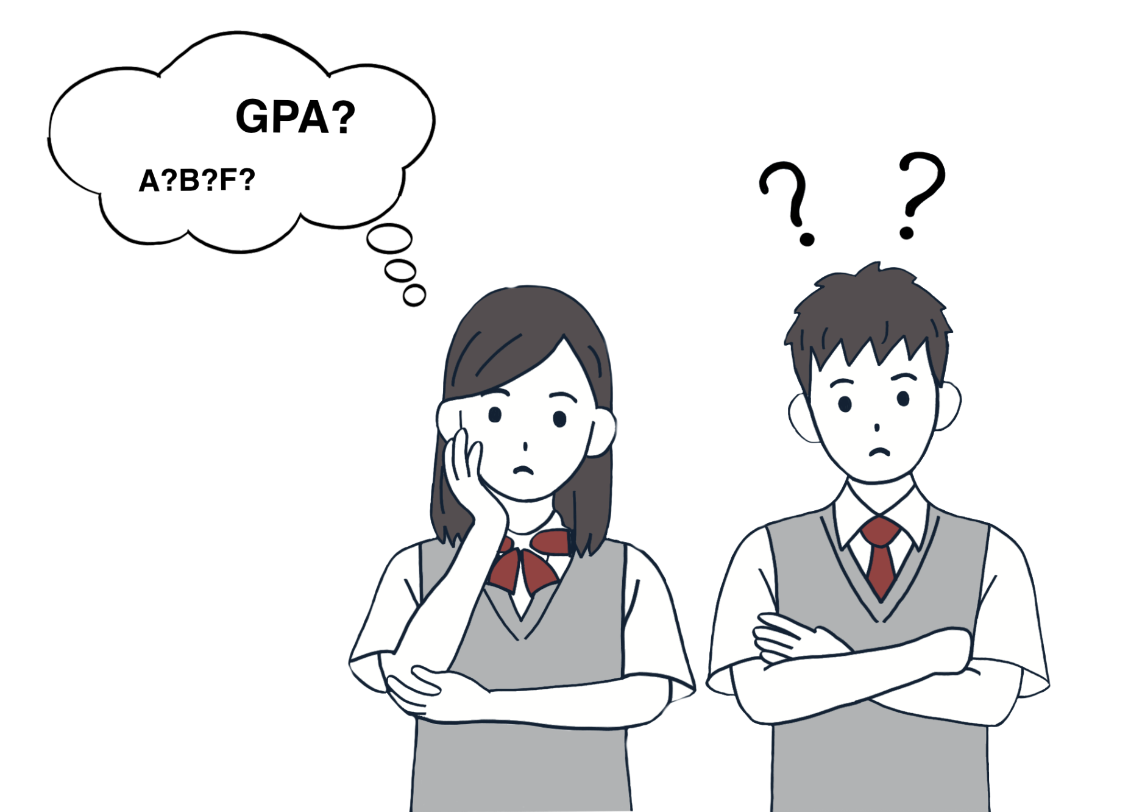The grading system both at FHS and throughout the United States is very different from that of the rest of the world. In the US, the way teachers grade different subjects and classes can drastically vary.
At FHS, each teacher comes up with a syllabus for their class. It includes guidelines for the class, such as grading, expectations, units and more, and there do not seem to be many guidelines or expectations of teachers for their syllabuses, as they tend to differ.
In some classes at FHS, such as Geometry, teachers establish a grading system where anything over 80% is an A. However, other classes, such as Calculus BC require a 90% for an A, and an 80% would result in a B. Some would argue that this is unreasonable, as Calculus BC is a much more rigorous course and so therefore should get a larger margin to receive an A.
One of the strangest things about the grading system in America is grade cutoffs. This is where your percentage is converted into a letter grade, which is what is shown as your official grade for your class in your transcript.
These American grading practices differ from those in other countries; France, Germany and Israel grade their students on a completely different scale. In France, one’s grade in a class and for everything that one completes is out of 20. This is for assignments, tests, quizzes and all work in general. For example, a student with a 15 in the class would be very similarly perceived as a student with a 16. The same cannot be said for the grading system in the United States. Although a student might have an 89% in the class, their grade in the class and shown on their transcript, would be a B. On the other hand, a student with a 90% would have an A. Even though these students are very similar in performance in the class, they would be perceived as completely different in the eyes of colleges and admissions officers looking at their transcripts. In France, there is no such thing as a syllabus or letter grade. Some teachers grade more harshly than others, but this is also true all over the world.
The German educational grading system follows a similar suit. German schools use numbers rather than letter grades.
“We have numbers, from one to six and six is the worst and one is the best,” FHS student Caroline Sauer, a sophomore and a German exchange student said.
While there are certain commonalities in the educational systems across the world, there are also significant differences. In Israel, for example, the grades are comparable to those in the United States, with a scale of 0 to 100, except there are no letter grades.
The use of letter grades and GPA in the United States leads to several issues. The A-F grading scale and the grade cutoffs set unrealistic expectations for students, causing unnecessary stress and fear of failure among students. Colleges’ requirements of a certain GPA can impact a student’s personal and academic development because of the students’ eagerness to get good grades for college, and not for the purpose of learning. Since the letter grades have a major effect on the GPA, it adds to the students’ stress.
There are many different education systems across the world, some of which work well for students and teachers and others that do not. Even though the American grading system is not popular among students, it appears that a change will not occur anytime soon.





















